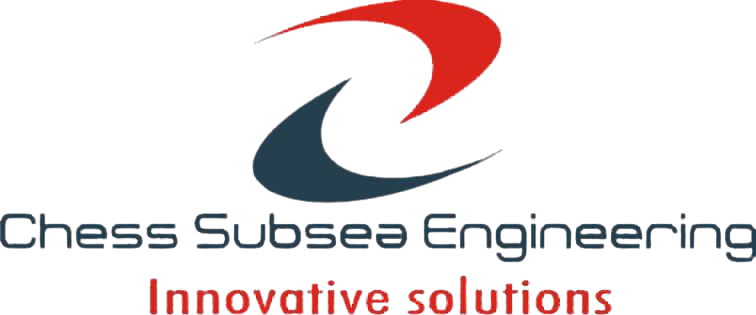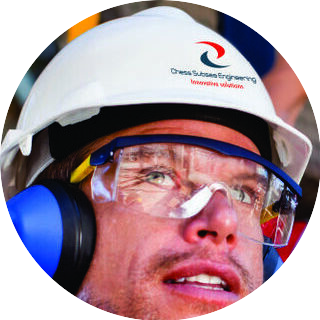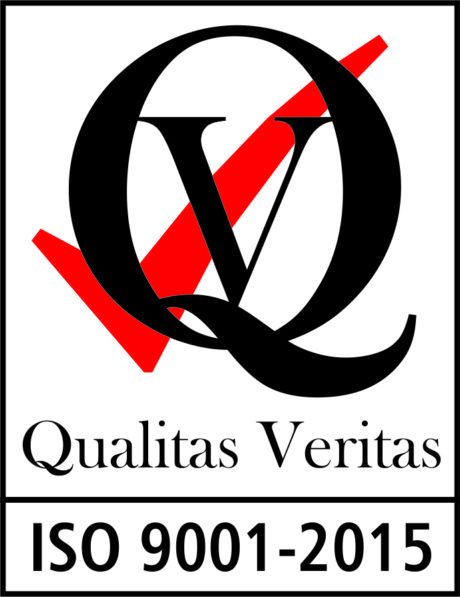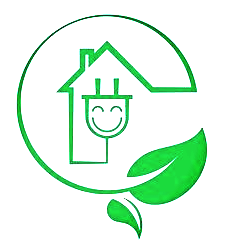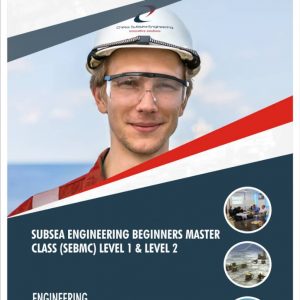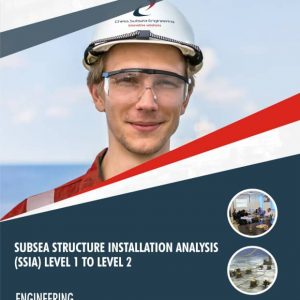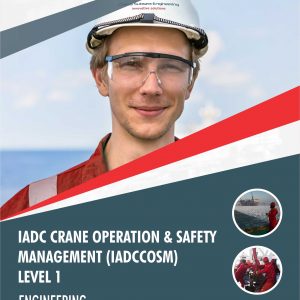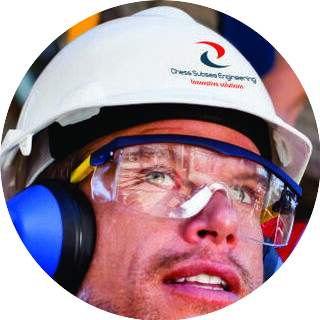Description
The course “Introduction to Gas and Liquid Petroleum Pipelines Engineering & Mechanical Stress Design Analysis” is designed to provide participants with a comprehensive understanding of the engineering principles and mechanical stress design analysis techniques used in the design and operation of gas and liquid petroleum pipelines. The course covers essential concepts, methodologies, and industry best practices relevant to pipeline engineering and stress analysis.
Throughout the course, participants will explore the following topics:
Introduction to Pipeline Engineering: Participants will gain a solid foundation in the fundamentals of gas and liquid petroleum pipeline systems. This includes an overview of pipeline components, types, and materials, as well as an understanding of pipeline design considerations, codes, and standards.
Pipeline Stress Analysis: The course delves into the mechanical stress analysis of pipelines, covering both static and dynamic stress analysis techniques. Participants will learn how to calculate and evaluate stresses induced by internal and external loads, including pressure, temperature, soil movements, and seismic events.
Design and Material Selection: Participants will gain insights into the design principles and methodologies for gas and liquid petroleum pipelines. This includes considerations such as pipeline routing, sizing, wall thickness selection, and material properties. Emphasis will be placed on factors such as safety, reliability, and cost-effectiveness.
Pipeline Integrity and Safety: The course addresses pipeline integrity management and safety aspects. Participants will explore techniques for assessing and mitigating the risks associated with mechanical stress, including stress corrosion cracking, fatigue, and pipeline failure prevention strategies. Topics such as leak detection, emergency response planning, and regulatory compliance will also be covered.
Case Studies and Practical Applications: Real-world case studies and examples will be used throughout the course to provide practical applications of the concepts discussed. Participants will have the opportunity to engage in hands-on exercises and simulations to reinforce their understanding of pipeline engineering and stress analysis principles.
By the end of the course, participants will have a solid understanding of gas and liquid petroleum pipelines’ engineering principles and mechanical stress design analysis. They will be equipped with the knowledge and skills necessary to design, analyze, and ensure the integrity and safety of pipeline systems in various operational conditions.
IGLPPESDA Level 1 covers Pipeline Basics and factors influencing Pipeline Design, Pipeline Route Selection, Codes and Standards Affecting Pipeline Design, Construction, Operations and Maintenance, Pipeline Design Principles: Hydraulics, Mechanical Design and Materials Selection, Pipeline Construction Fundamentals, Pipeline Protection and Maintenance, Pipeline Economics, Physical Quantities and Units used in Pipeline Design, Forces and stresses in pipelines, Mchanical design, Mechanical design parameters, Criteria for mechanical design including code criteria, Specified Minimum Yield Strength (SMYS) of pipeline materials, Mechanical design equations – calculation of Maximum Allowable Pressure (MAP) and minimum required wall thickness for pipelines, Design factors and temperature de-rating factors, Mechanical design for sustained loads, Thermal expansion/contraction of materials, Stresses due to thermal expansion/contraction, Estimating the weight of pipe, Maximum span of unsupported pipe, Realtime case studies including hands on calculations and more
Course Outline
Pipeline Basics and factors influencing Pipeline Design
Pipeline Route Selection
Codes and Standards Affecting Pipeline Design, Construction, Operations and Maintenance
Pipeline Design Principles: Hydraulics, Mechanical Design and Materials Selection
Pipeline Construction Fundamentals
Pipeline Protection and Maintenance
Pipeline Economics
Physical Quantities and Units used in Pipeline Design
Practical Exercises
Comprehensive Case Study illustrating different aspects of pipeline design, operations and maintenance
Forces and stresses in pipelines
Introduction to mechanical design
Mechanical design parameters
Criteria for mechanical design including code criteria
Specified Minimum Yield Strength (SMYS) of pipeline materials
Mechanical design equations – calculation of Maximum Allowable Pressure (MAP) and minimum required wall thickness for pipelines
Design factors and temperature de-rating factors
Mechanical design for sustained loads
Thermal expansion/contraction of materials
Stresses due to thermal expansion/contraction
Estimating the weight of pipe
Maximum span of unsupported pipe
Practical Exercises
Outcome
Participants will gain an in debt understanding of Gas and Liquid Petroleum Pipelines Engineering & Mechanical Stress Design Analysis for Field Project or Pipeline Engineers and Technicians at Level 1 & Level 2.
They will also be able to function with minimum supervision as a Pipeline Engineers, Pipeline Cost Engineers, Pipeline Asset Integrity Engineers, Gas and Liquid Petroleum Pipelines Engineering & Mechanical Stress Design Analysis for IOCs, EPIC Pipeline Company Contractor or Vendor.
Certificate of Completion
CPD UK accredited certificate shall be issued directly from Chess Subsea Engineering Europe.
How to Register
Click here to download registeration booklet on msword and email completed booklet to info@chesssubseaengineering.org directly.
